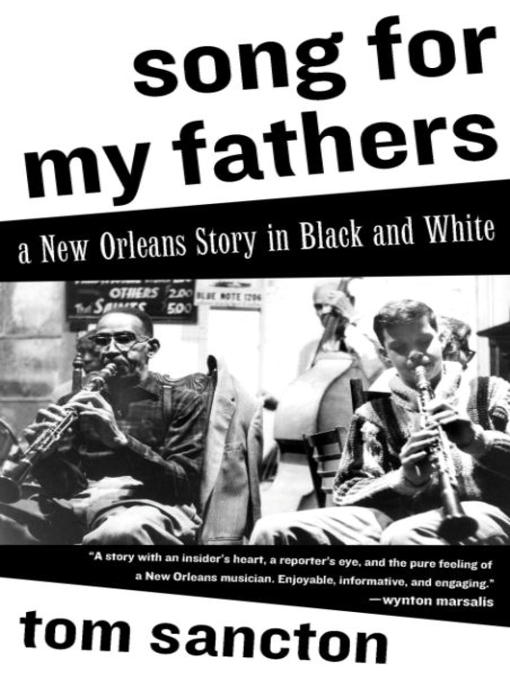- Available now
- New eBook additions
- New kids additions
- New teen additions
- Most popular
- Try something different
- Check it out--great reads without the wait!
- NPR Best Books
- See all
- Available now
- New audiobook additions
- New kids additions
- New teen additions
- Most popular
- Try something different
- Fam Time: Audiobooks for the Whole Family
- Listen Up: Great Narrators
- Poetry: Meant to be Spoken
- See all
- Magazines are Here....Check 'em Out!
- Spanish-language Magazines
- Let's Get Cooking!
- News and Politics
- Magazines for Kids & Teens
- Home & Garden
- Celebrity Magazines
- Health & Fitness
- Fashion Magazines
- Crafts & Hobbies
- Tech & Gaming
- Cars & Motorcycles
- Family & Parenting
- See all


